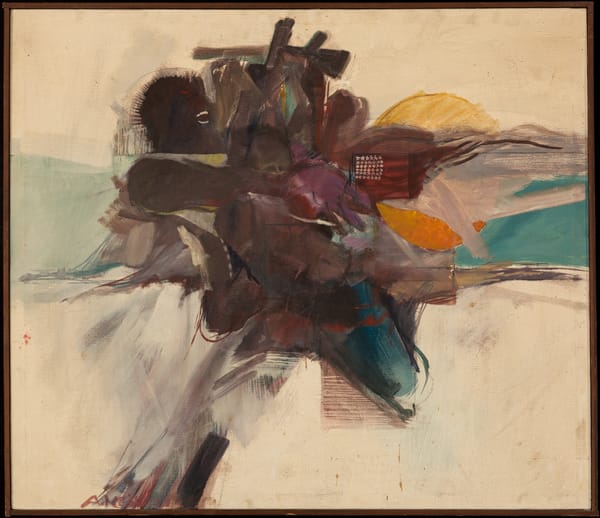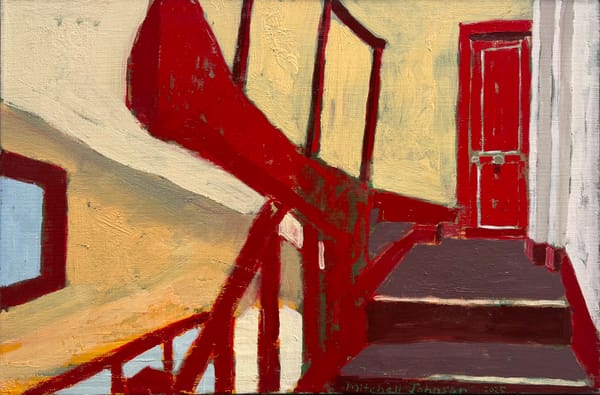15 Million Pages of Medical History Are Going Online
Over the next two years, the Wellcome Library, partnered with digital technology charity Jisc, is collaborating with nine institutions to put 15 million pages of 19th-century medical books online.
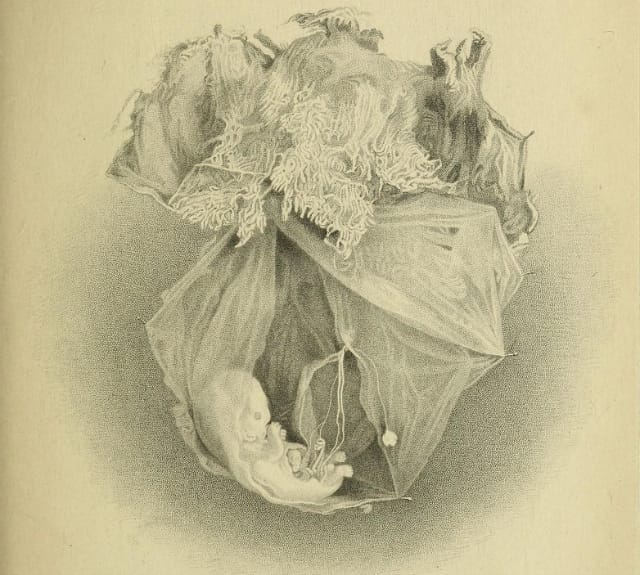
Over the next two years, the Wellcome Library, partnered with digital technology charity Jisc, is collaborating with nine institutions to put 15 million pages of 19th-century medical books online. An incredible resource for medical historians, the project is also directed at engaging researchers from the arts, humanities, and contemporary medicine in this trove.
“More broadly still, we want to support public engagement with science and medicine — it’s such a big part of our lives, but often it’s seen as remote or exclusive,” Simon Chaplin, head of the Wellcome Library, told Hyperallergic. “By making the books available for anyone to use we hope to encourage new ideas around contemporary science engagement based on historical collections.”
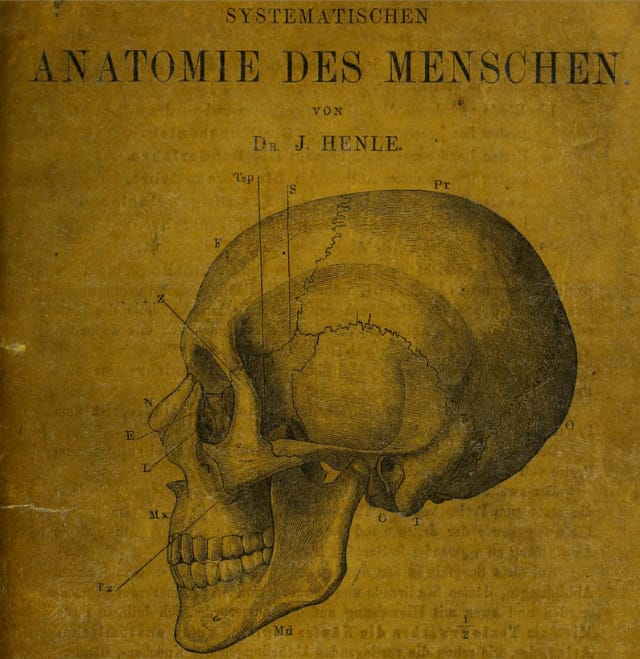
The first stages of the UK Medical Heritage Library are now online at the Internet Archive, including such promising titles as An appeal to the public and to the legislature, on the necessity of affording dead bodies to the schools of anatomy (1824) and On poisons in relation to medical jurisprudence and medicine (1859). The books cover everything from fingerprinting to phrenology to premature burial; there are arcane exercise manuals and elaborately illustrated dissection guides, all under an open license. Last week, the Wellcome announced six universities joining the project: University College London, University of Leeds, University of Glasgow, London School of Hygiene & Tropical Medicine, King’s College London, and the University of Bristol, as well as libraries of the Royal College of Physicians of London, the Royal College of Physicians of Edinburgh, and the Royal College of Surgeons of England. Together they hope to expand on the established Medical Heritage Library consortium based in the United States, which includes the Wellcome and has 50,000 titles digitized.
“Through the US and now the UK Medical Heritage Library projects we’ve seen how libraries can work together to make their collections more accessible,” Chaplin explained. “We can do this individually, but there’s a lot more to be gained by doing it together. Our physical collections are precious and we want to preserve them, but don’t want this to be a barrier that stops people using them, so digitization can help.”
The digitization will be executed by representatives of the Internet Archive based at the Wellcome Library, and is a part of a still greater plan to make 50 million pages of medical history available online by 2020. There are many similar projects underway at institutions around the world, but the Wellcome has been a leader in making digitized content easily accessible (as with Wellcome Images) and concentrating on outreach beyond academia. The exposure of these often hidden resources can help secure their future, through public engagement with what makes them arcane yet also essential.
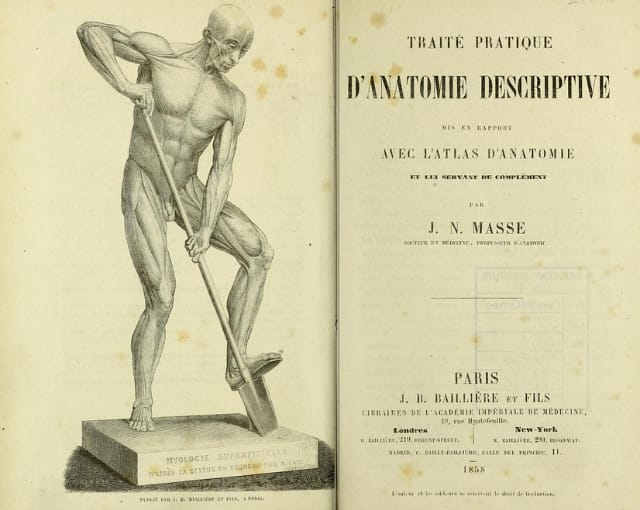
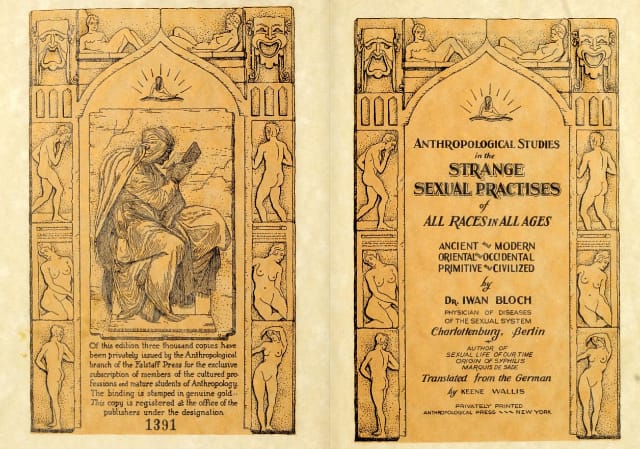
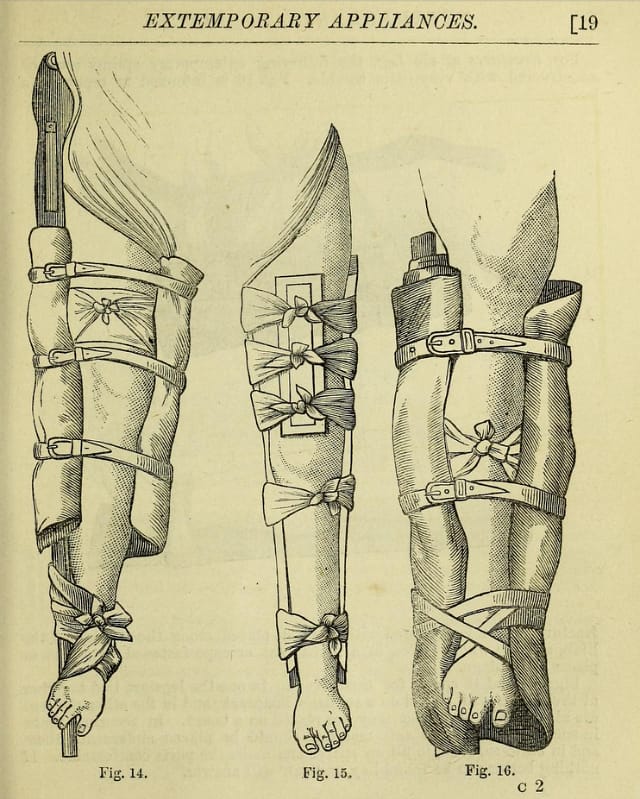
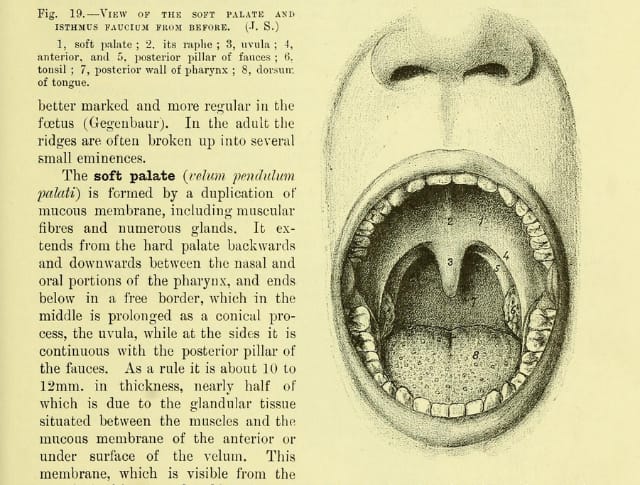
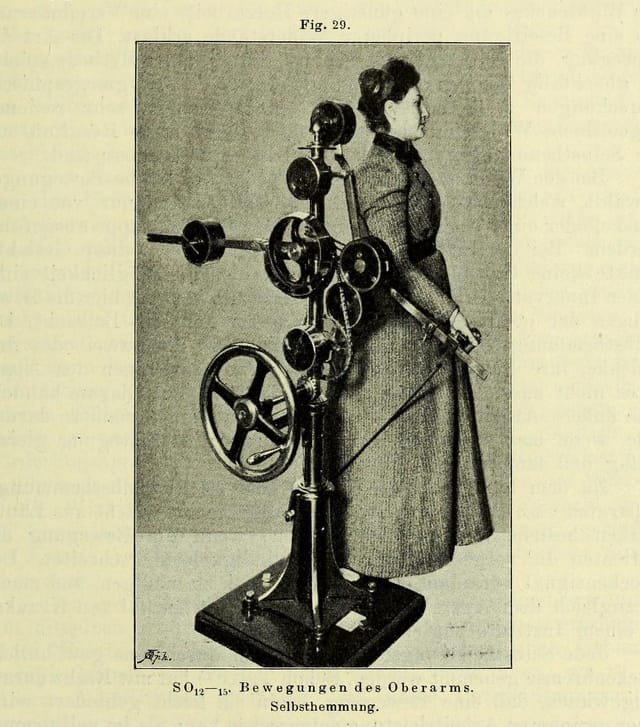
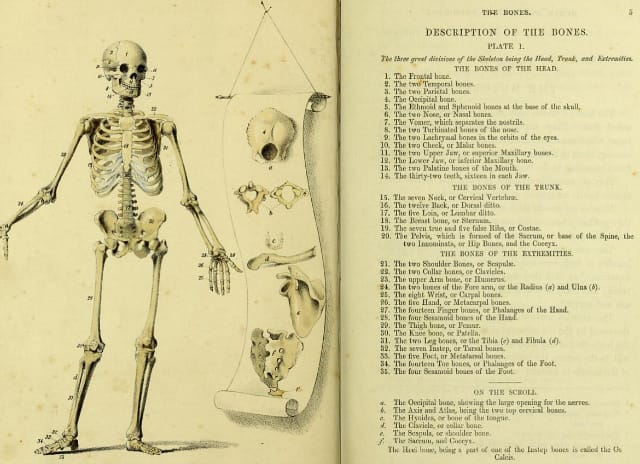
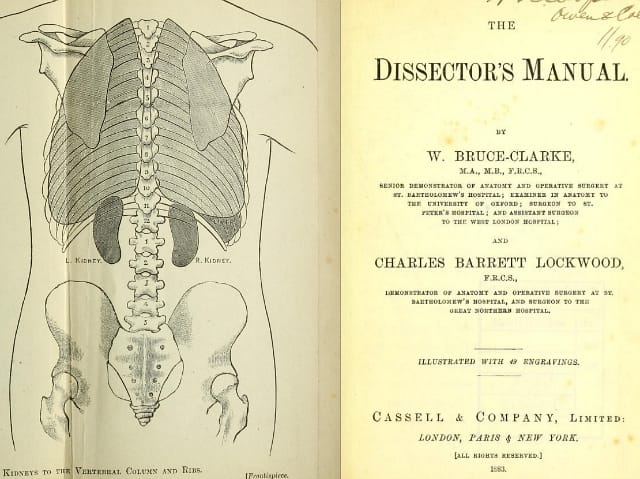
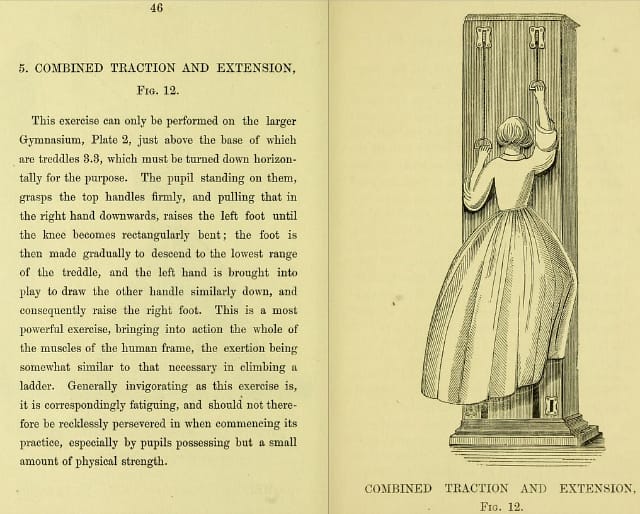
View more digitized medical history materials from the Wellcome Library at the Internet Archive.


